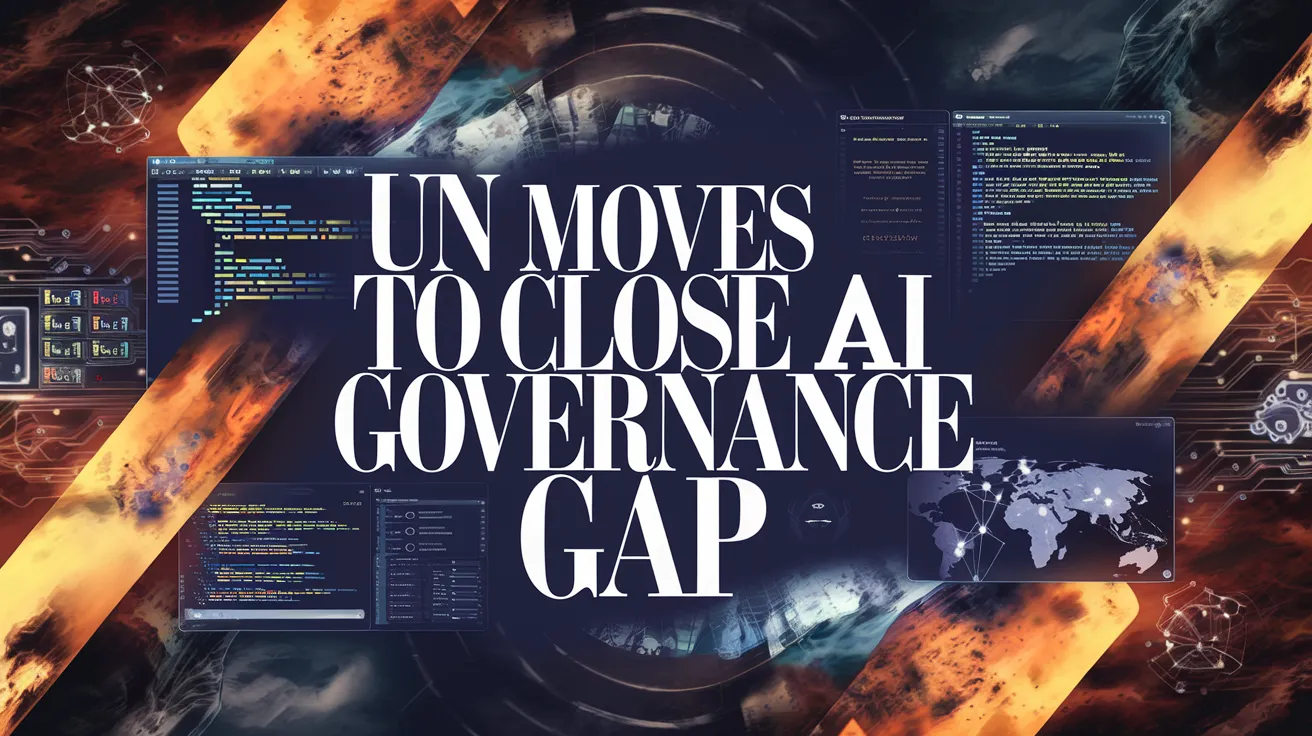UN Moves to Close AI Governance Gap

In an era where artificial intelligence (AI) is at the forefront of technological evolution, the United Nations took a landmark step towards establishing a comprehensive framework for global AI governance. This initiative comes in response to the increasing investment, optimism, and anxiety surrounding AI and its vast implications worldwide.
A recent report highlighted the fragmentation in current AI governance solutions, noting that 118 countries are not part of any significant international AI initiatives. Alarmingly, only seven developed nations engaged with all existing frameworks. Recognizing this challenge, a high-level General Assembly meeting will convene all 193 UN Member States for the first time to shape international AI governance.
This pivotal meeting aims to include global representatives, such as diplomats, scientists, tech industry members, and civil society, to broaden the dialogue on AI governance. The event will prominently feature two newly established bodies designed to enhance international cooperation: the Global Dialogue on AI Governance and the Independent International Scientific Panel on AI. These initiatives, born from recommendations in the 2024 UN report Governing AI for Humanity, were unanimously endorsed by all Member States in a General Assembly resolution in August 2025, reflecting a collective commitment to managing the dual risks and benefits of AI.
The Global Dialogue will facilitate the sharing of best practices, enhance the interoperability of global AI governance, and analyze significant AI incidents to create a more cohesive approach. According to Amandeep Singh Gill, the UN Special Envoy for Digital and Emerging Technologies, these mechanisms represent not just regulatory features, but foundational components of a novel technology governance architecture aimed at ensuring humanity remains central in AI progress.
Mr. Gill emphasized the unprecedented nature of this initiative, declaring, “AI’s impact is global, but its governance is not.” With all UN member countries now gaining a platform for discussion, this could foster a more equitable framework for AI regulation that acknowledges diverse global perspectives. The Scientific Panel, supported by the UN system, will provide unbiased evidence-based insights into AI’s risks and impacts, ensuring policymaking is informed by factual assessments rather than speculation.
During the high-level event, notable speakers such as Annalena Baerbock, President of the General Assembly, UN Secretary-General António Guterres, and leaders from various nations will deliver remarks that set the tone for collaborative efforts on AI governance. This gathering marks a significant moment in international relations and technology oversight, potentially paving the way for a more inclusive and informed address to the complexities of AI in our world.
The establishment of these bodies signals an important shift in how technology is governed globally, underscoring a collective responsibility to navigate the uncharted waters of AI development with fairness and accountability.